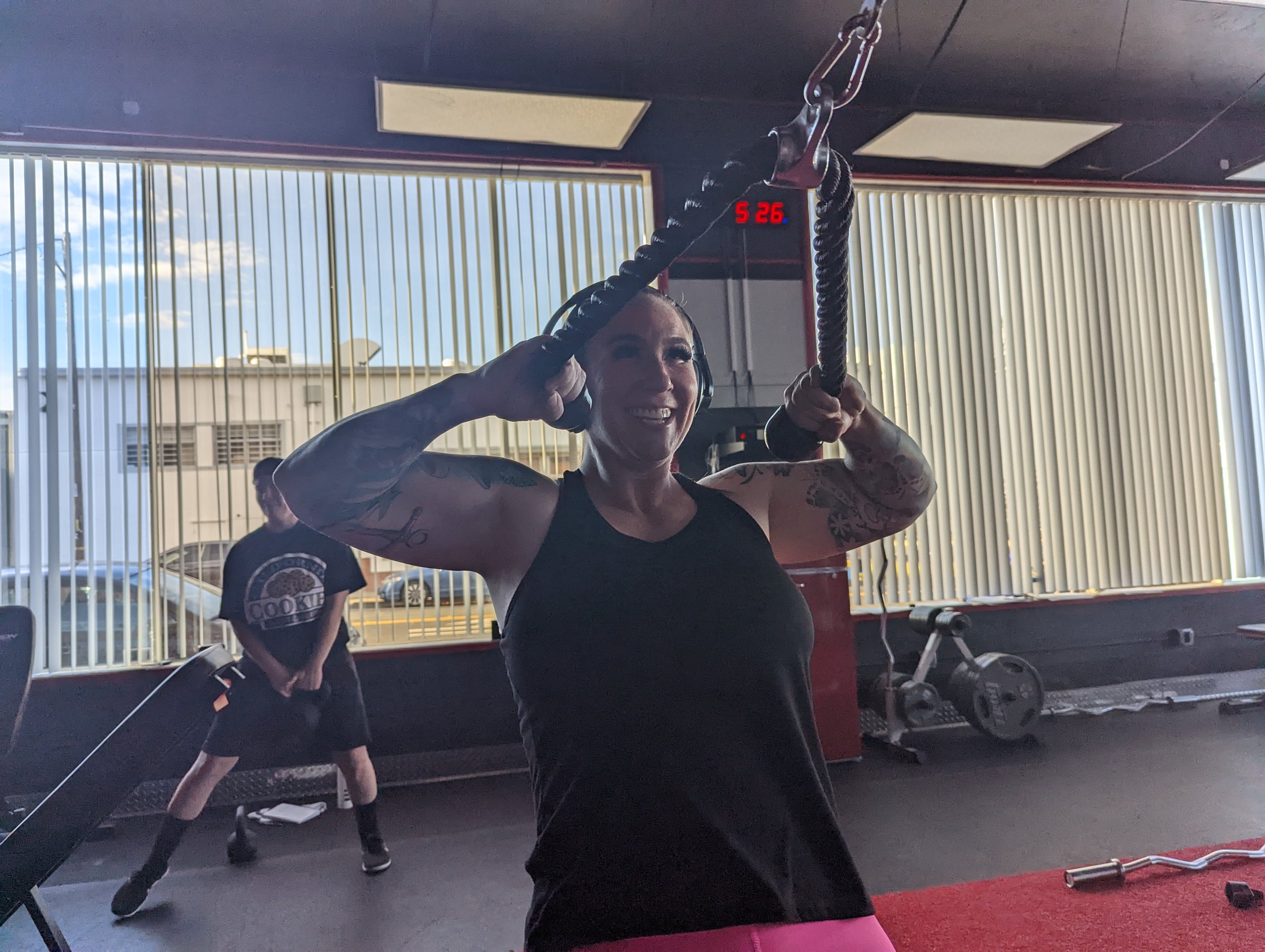
BLOGS
Healthy doesn't have to be expensive
One of the biggest debates in the nutrition and fitness industry today is that of the cost of healthy foods versus unhealthy foods. Many individuals argue that eating healthy food costs too much, therefore it is not a feasible option for their family. However, several recent studies have shown that the true cost of eating cheap, processed foods is actually much higher than eating healthy ones.
A group of researchers at the Harvard School of Public Health have determined that even the healthiest diets only cost about $1.50 more per day than an unhealthy one. The main price difference seems to come from meat products, such as lean beef and fish. Make one day out of the week a meat-free day, and you can lower your food cost even more, A tasty, healthful vegetable quiche makes a wonderful protein packed inexpensive meal.
Another study that was published in the British Medical Journal showed that per serving, healthier options in the meat group only cost about $0.29 more per serving than unhealthy processed meats. When it comes to carbohydrate choices (such as rice or pasta dishes), healthier options only cost $0.03 more per serving.
Individuals on a budget may think that these small increases in price is an excuse to buy cheaper foods. Dr. Dariush Mozaffarian, associate professor at the Harvard School of Public Health and Harvard Medical School states: If you compare the very small increase in price of healthy foods to the actual costs of food related chronic diseases, individuals would realize that the cost of eating an unhealthy diet is so much higher than a healthy one.
Also, there are many hidden costs of consuming unhealthy foods such as food related illnesses (heart disease, cancer and diabetes) and the global obesity epidemic. Health insurance companies are raising their premiums higher and higher every year in order to offset the cost of treating these illnesses. All of these can be greatly lessened or even avoided simply by following a healthy diet.
Tips for helping you to eat healthy on a budget
Eating healthy does not have to be expensive. There are many ways to obtain healthy, nutritious foods without spending a lot of money. The following tips can help you feed your family healthy food, even when on a budget.
Buy whole foods: Always buy foods as close to their natural state as possible. These unprocessed foods are much more nutritious and less costly than processed ones. Using whole foods also gives you complete control over the ingredients in your recipes. The main components of a healthy diet are proteins, carbohydrates and healthy fats. The following list will show you the least expensive foods to purchase in each of these three groups.
Proteins: Ground beef, frozen chicken breast, cottage cheese, canned tuna, eggs, beef liver and plain yogurt.
Carbohydrates: Beans, raisins, apples, cabbage, oats, rice, potatoes, bananas and broccoli.
Good fats: Real butter, olive oil and mixed nuts.
Buy frozen produce: Many individuals think that frozen fruits and vegetables are less nutritious than fresh ones. This simply is not true. Most of the time frozen produce cost only half as much as fresh. Frozen produce can also save preparation time in the kitchen, since they have already been washed and cut into pieces.
Buy generic foods: Avoiding name brands is a big money saver. Store brand cottage cheese, eggs, frozen produce and such taste exactly the same as their name brand counterparts.
Buy in bulk: When purchasing foods such as rice, pasta and frozen produce, purchase the largest package you can afford. In the long run, this will actually save you money, and foods of this type can be kept indefinitely in the freezer.
By in season produce: Foods purchased during their growing season will always be cheaper than if purchased out of season. For example, strawberries will be more expensive in December than in July.
Buy from local farmers: Local farmers that sell their wares at farmers markets usually have much lower prices than supermarkets. Even if their initial prices aren't that much lower, they usually offer discounts if you buy in bulk. This is a prime opportunity to stock up on fresh produce and then store it in the freezer.
Plan your menus around what is on sale: Keep a close eye on sales ads for good deals on meat. Because meat is usually the most costly food item, it pays to shop around. Usually meat that is going to expire the next day will be drastically reduced. Buy all that you can afford and store it in the freezer.
